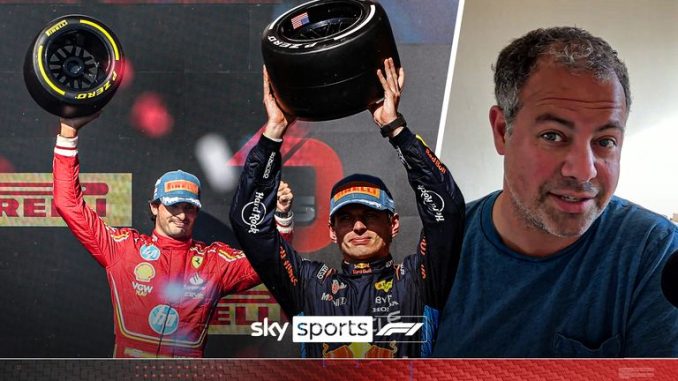
In the latest episode of his F1 podcast, Ted Kravitz delves into the intricate world of how Formula 1 is “refereed.” Kravitz, known for his in-depth analysis and behind-the-scenes knowledge, explores the complexities of race control, stewarding, and the rules that govern the high-octane sport.

He begins by explaining the roles of the FIA stewards and the race director, who are responsible for overseeing each race weekend. The stewards, often a panel of three, are tasked with interpreting the regulations and deciding on penalties for incidents like collisions, track limits violations, or unsafe releases during pit stops. The race director, on the other hand, manages the race’s overall flow, making crucial calls regarding safety cars, red flags, and restarts.
Kravitz highlights the importance of consistency in decision-making, noting how this has been a point of contention in recent seasons. He discusses high-profile incidents where decisions from the stewards have been criticized as inconsistent or controversial, sparking debates among fans and drivers alike. Through interviews with former race officials and insights from current team members, Kravitz provides listeners with a clearer understanding of the challenges faced by those who ‘referee’ Formula 1.
The podcast also touches on the impact of technology in officiating, such as the use of telemetry, GPS data, and radio communications between teams and race control. Kravitz explains how these tools help in making quick and accurate decisions but also emphasize the human element that remains central to the sport’s governance.
Kravitz concludes by reflecting on the balance between letting drivers race and maintaining safety and fairness. He emphasizes that while officiating will always involve some subjectivity, the goal is to ensure a fair competition. For fans curious about what goes on behind the scenes, this podcast offers a fascinating look into the complexities of Formula 1’s rule enforcement.
GET MORE CONTENT HERE
Leave a Reply